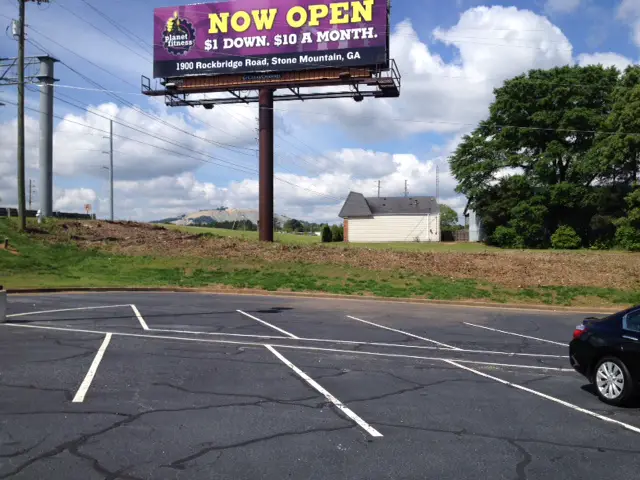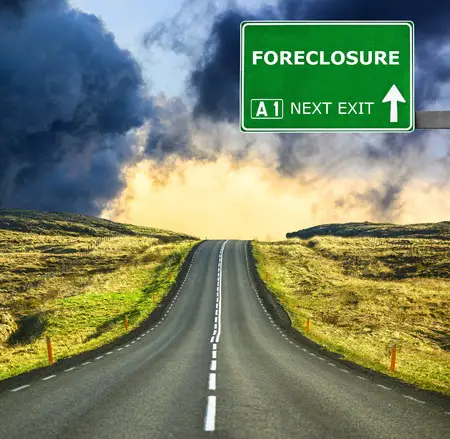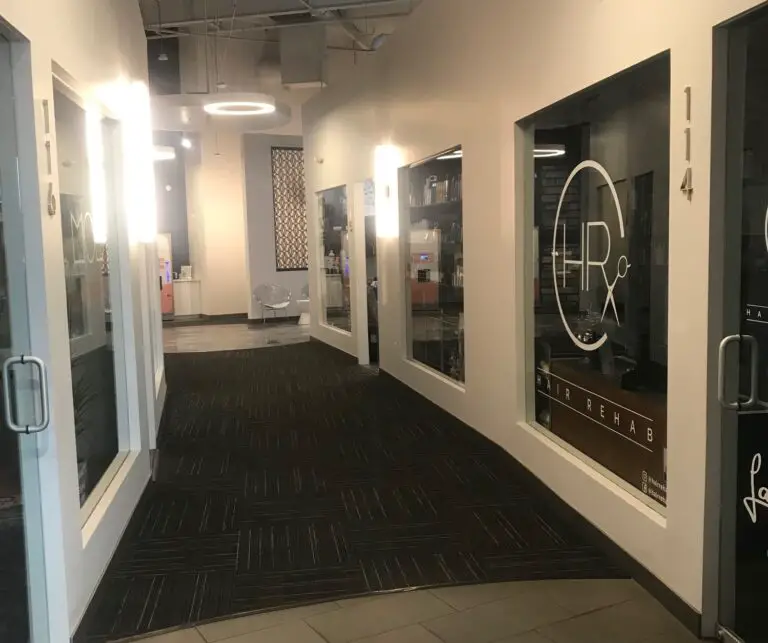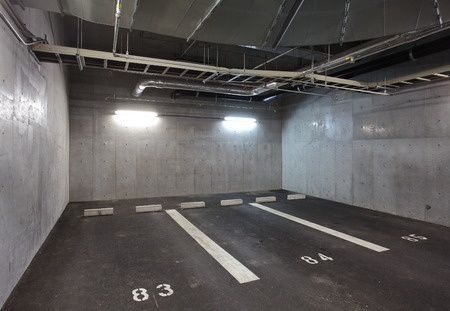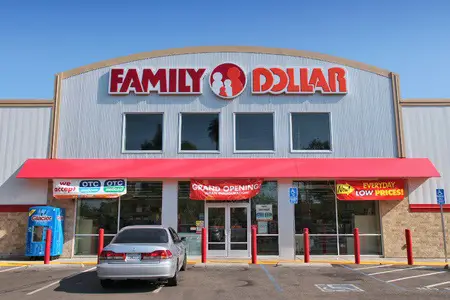Sandwich Leases – Can You Rent an Apartment and Sub-Lease it on Airbnb?
Airbnb has become an extremely popular website for travelers looking to stay in someone else’s house or condo rather than a hotel. It is also a popular way to monetize a property; by renting it on a short-term basis rather than on a traditional 12-24 month lease, you can charge a substantially higher amount per night. For someone who already owns a vacation property in a resort market, renting out a property is often a way to generate some income when the owner is not there. It might help cover property taxes, condo fees, or even part of the mortgage. There are other properties that are bought with the sole intention of operating it as a rental unit. However, there is a third approach that a few people have tried. With a sandwich lease, you rent a property on a long-term basis and turn around and rent it out at a much higher rate as a vacation rental.
Understand Your Market
For this analysis, we are looking at Scottsdale, Arizona. In searching properties, I noticed that the vast majority of properties have no reviews. I assume a lot of people list their properties at a high price just to see if there is an occasional taker. Of course that is the exact opposite approach that someone trying to make a living with Airbnb would take. With vacation rentals, you are basically in the hotel business and the hotel business is all about eliminating vacancies. There is very little variable cost to someone staying for a night — maybe they will turn the A/C up or require sheets to be washed. Most of the cost is fixed cost — the cost of the real estate itself (in this case, your lease payment) being the biggest one.
In searching for properties with multiple reviews, I was able to locate a few that could easily be comped out based on advertised lease rates on apartment websites. Scottsdale’s prime season is the Winter and especially the Spring. In the Summer when it is 110°F, there are not that many visitors. Now if the lease rate is only $99 a night in the high season, there may come a point at which it is not worth the risk or hassle to rent the unit out for $29 a night or some other low rate that would attract visitors. Here are a few examples of people that have signed leases and turned around and offered it as a vacation rental on Airbnb:
| Type of Rental | Rate during March | Rate during July | Lease rate from apartment website |
|---|---|---|---|
| Cortesian Apt. (1 bed/1bath) near SF Giants Spring Training | $200 per night | $192 per night | Lease for $814 per month |
| San Marin Apt. (2 bed / 2 bath) near Old Town | $111 per night | $300 per night (can't imagine them getting this) | Lease for $1451 per month |
| Visconti at Camelback Apts (1 bed, 1bath) near Old Town | $99 per night | $99 per night | Lease for $840 per month |
Potential for Huge Returns on your Sandwich Lease
If you do the math, you can see that you could potentially break even in as few as 5 nights if these numbers hold. My guess is that vacancy is extremely high because ultimately, someone on vacation would probably prefer a hotel or a house to an apartment. However, if your price is drastically lower than nearby hotels, you may have some takers. Since you are basically becoming a hotelier, there is probably some actual work like checking in your tenants and being available if repairs are needed. It is not a completely passive investment, but nothing like working a 9-5 job.
High Risk and Almost Certainly Violates Your Lease Agreement
You need to keep in mind the risks. First off, sub-leasing a unit is most likely explicitly banned in the lease agreement with the apartment community unless you have their consent (which they will not give). Apartments are not zoned as hotels and they probably could not even give their consent if they wanted to. Secondly, if you sign as 12 month lease and the apartment management company finds out about your vacation rental business and takes steps to stop it, it is quite possible you could be left with several months left on a lease that you have no need for and/or an eviction. Finally, you are responsible for anything your tenant does. Whether they cause damage to the unit or keep the rest of the complex awake with loud parties, you are going to be responsible for it.


